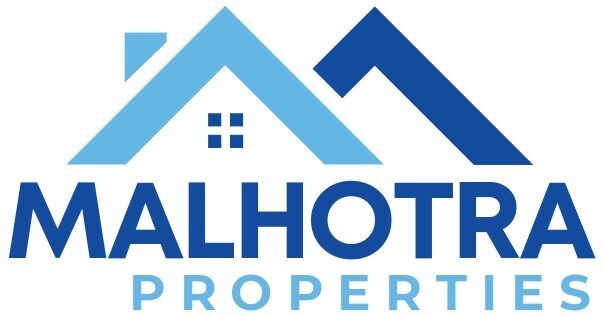The real estate industry has changed fast with the rise of new technology. Earlier, everything depended on in-person meetings and property visits. Now, from listing and viewing to closing deals, digital tools have made every step faster and easier. Understanding these changes helps buyers, sellers, and agents stay ahead and make smarter choices. Below are the main tech trends shaping modern real estate.
Virtual Reality (VR) and Augmented Reality (AR) Tours
VR and AR have changed how people view properties. These tools let buyers explore homes online as if they were there in person. VR offers full 360-degree virtual tours that show every corner of a property. AR lets users place virtual furniture or test renovation ideas in real time. This helps remote and international buyers make better decisions without visiting the property. It saves time, reduces travel, and improves the first viewing experience.
Artificial Intelligence (AI) and Machine Learning (ML)
AI and ML make it easier to study market data and trends. They analyze huge amounts of information—like prices, demand, and neighborhood data—to give clear insights. AI tools can predict property values, suggest the best investment options, and match buyers with homes they might like. For real estate agents, AI helps find new leads, qualify buyers, and handle admin work automatically. This means more time for clients and smarter, faster decisions.
Blockchain Technology for Secure Transactions
Blockchain adds safety and transparency to property deals. It keeps a permanent and secure record of ownership and transactions that cannot be changed. This helps prevent fraud, speed up deed transfers, and support new ideas like fractional ownership. Smart contracts—agreements written directly in code—can handle payments and ownership transfers automatically. Though still new in real estate, blockchain can make buying and selling property faster, cheaper, and more reliable.
PropTech Platforms and Data Integration
Property Technology (PropTech) platforms combine many real estate tools in one place. They offer listings, market reports, virtual tours, mortgage tools, and agent search options. Buyers can research easily and make informed decisions without needing multiple sites. For agents, PropTech improves marketing, lead tracking, and client management. These platforms make the process more efficient and transparent for everyone involved.
Technology is now a core part of real estate, not just a passing trend. Those who use it wisely can serve clients better and stay competitive in a digital market. The result is a faster, safer, and more convenient real estate experience for all.




